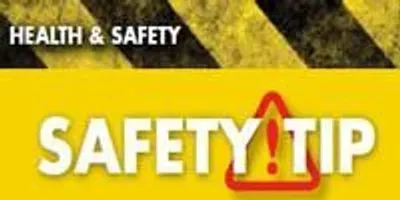Regular drills and exercises are essential.
In most cases, the first decision involves deciding whether to evacuate or not. No one will ever fault you for saving your staff and losing the facilities.


The only good way to prepare for an emergency situation is to think through how you should respond and then practice doing it correctly.
Regular drills and exercises are essential.
In most cases, the first decision involves deciding whether to evacuate or not. No one will ever fault you for saving your staff and losing the facilities.
